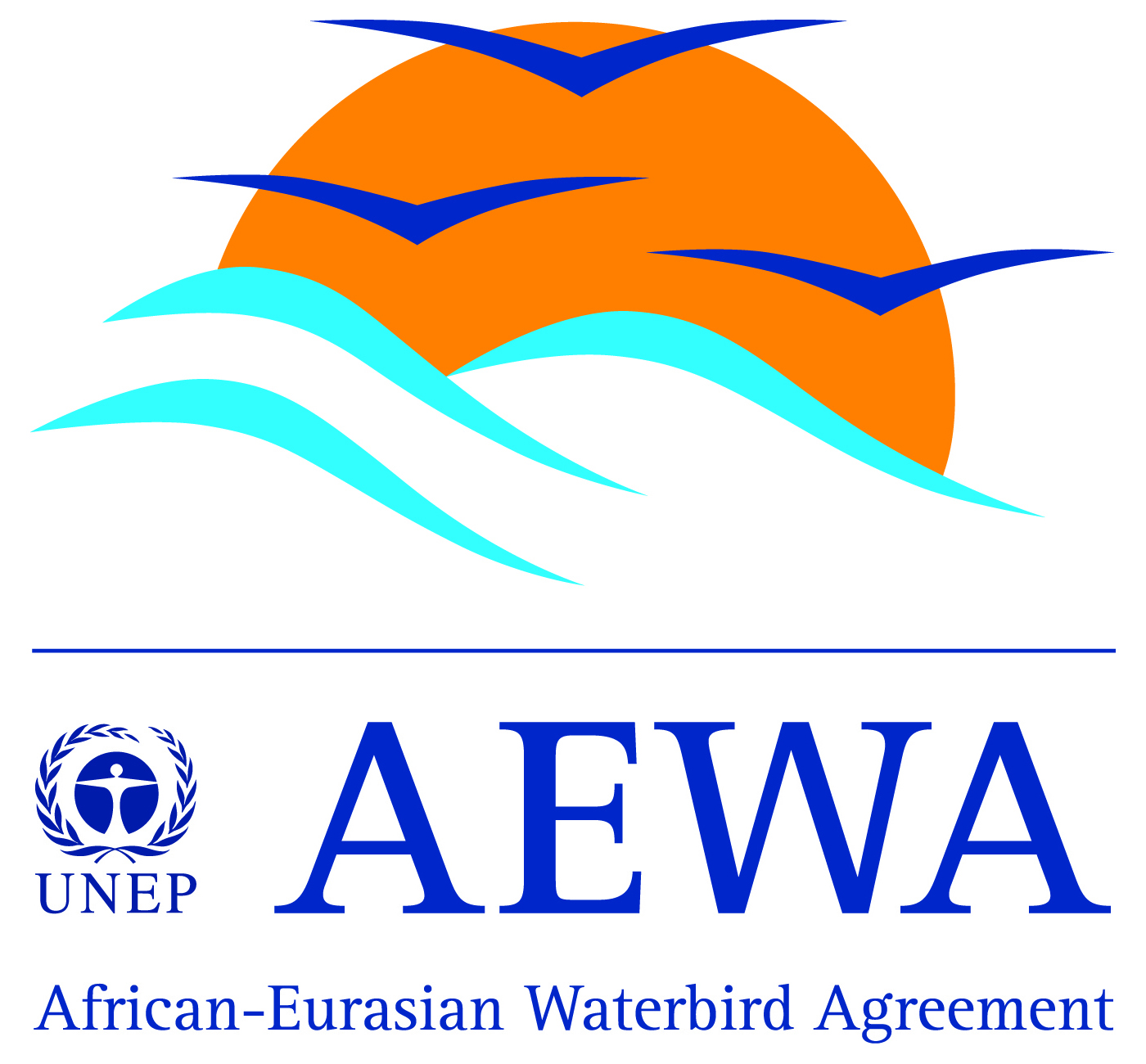Research on the sex sensitive period during the incubation of Chinese alligator eggs
-
Published source details
Zhang Z.D. (1995) Research on the sex sensitive period during the incubation of Chinese alligator eggs. Asiatic Herpetological Research, 6, 157-160.
Published source details Zhang Z.D. (1995) Research on the sex sensitive period during the incubation of Chinese alligator eggs. Asiatic Herpetological Research, 6, 157-160.
Actions
This study is summarised as evidence for the following.
| Action | Category | |
|---|---|---|
|
Alter incubation temperatures to achieve optimal/desired sex ratio: Crocodilians Action Link |
|
-
Alter incubation temperatures to achieve optimal/desired sex ratio: Crocodilians
A replicated study in 1988–1989 in laboratory conditions in Anhui, China (Zhang 1995) found that short exposure to high temperatures during incubation of Chinese alligator Alligator sinensis eggs resulted in fewer female hatchlings compared to when temperatures were kept constant. Results were not statistically tested. Hatching success ranged from 90–100% (10–20 eggs/group). Less females were produced from eggs exposed to 34°C for 4–7 days (0 of 10 to 2 of 15, 0–13% female hatchlings) compared to when eggs were incubated at 31–32°C (15 of 20, 75% female hatchlings). Eggs were incubated at 31–32°C, and nine groups of 10 eggs were exposed to 34°C for four continuous days starting on the 14th and 24th day of incubation. One group of 16 eggs was exposed to seven days at 34°C from the 24th–31st day of incubation. An additional group of 20 eggs was incubated at 31–32°C for the whole duration. Tissue samples were assessed to determine the sex of hatchlings.
(Summarised by: William Morgan)
Output references
|
|





)_2023.JPG)














